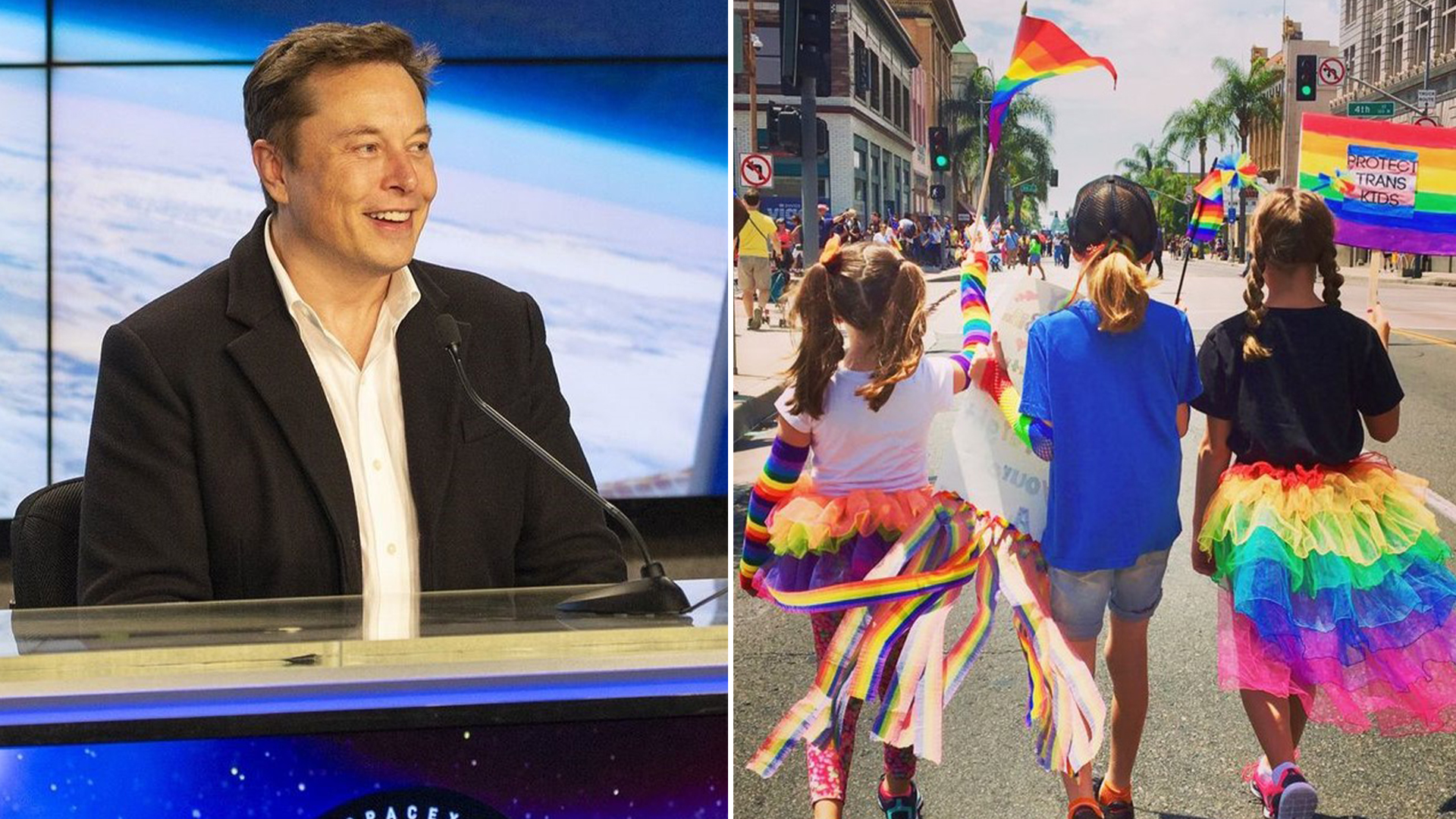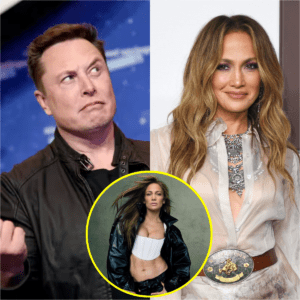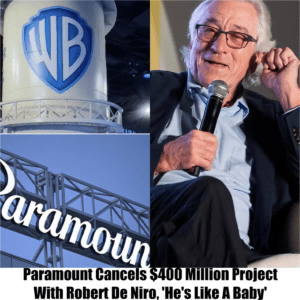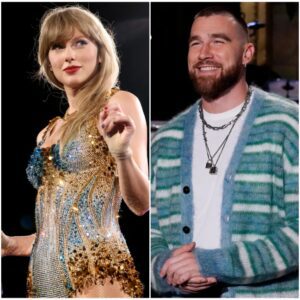Elon Musk, the tech billionaire and CEO of Tesla and SpaceX, has long been outspoken on a variety of social and political issues. Recently, he has turned his attention to the growing influence of “wokeness” in various sectors of society, particularly in the world of entertainment. Musk’s latest comments focus on what he perceives as the harmful effects of these progressive ideologies, especially on children. He has argued that events like “Pride Nights” at sports games and other similar public celebrations of LGBTQ+ rights are part of a broader agenda that he believes is detrimental to the development of young minds. According to Musk, these movements and events aimed at promoting inclusivity and LGBTQ+ visibility are inadvertently spoiling kids, and that’s why he advocates for a total ban on “all woke agendas.”

Musk’s criticism of “wokeness” is not new. Over the years, he has been an outspoken critic of what he views as the excessive focus on political correctness and identity politics in American culture. He argues that while inclusivity is important, pushing these ideologies onto children in places that are traditionally about entertainment, like sports stadiums, schools, and even businesses, risks distorting their understanding of the world. Pride Nights at sports games, for example, are often held to celebrate the LGBTQ+ community, but Musk believes that such events are, in his view, imposing adult concerns on young, impressionable audiences. He contends that children should be allowed to enjoy sports or any other form of entertainment without having to be subjected to political or ideological themes.
While Pride Nights and similar events are celebrated by many for fostering a sense of belonging and visibility for marginalized communities, Musk’s argument stems from a belief that children should be allowed a childhood free from the weight of societal debates over gender, sexuality, and politics. For Musk, these events, which are often promoted by major organizations and corporations, serve as platforms for what he sees as “woke” ideologies that push a political agenda on young, innocent minds. He emphasizes that kids should not be exposed to these kinds of complex and controversial issues before they are mature enough to understand them.
In Musk’s view, the promotion of “woke” culture, particularly the emphasis on LGBTQ+ rights in spaces like schools and public events, risks overshadowing the innocence and joy that childhood should represent. He believes that these progressive movements are not just about supporting marginalized groups, but are part of a broader, orchestrated agenda to shift societal norms in ways that are not always in line with traditional values. For Musk, this “wokeness” is not just an ideology—it’s an imposition on families, and more importantly, on the younger generation.

The call to “ban all woke agendas” is an extreme stance that aligns with Musk’s broader criticism of what he believes is a culture of overreach in societal movements. He argues that organizations, whether they are schools, sports teams, or corporations, should not use their platforms to push political or ideological causes, especially when they impact children. Musk’s views have sparked significant debate, particularly in the context of Pride Nights and similar celebrations. Advocates for LGBTQ+ rights argue that such events are vital for promoting equality, visibility, and acceptance in society. These events give children and adults a safe space to express their identities and to learn about the diversity of the world.
However, Musk’s critics point to a deeper cultural divide, where the notion of “wokeness” has become a lightning rod for broader political and social issues. For Musk, the push to include LGBTQ+ representation in children’s programming, sporting events, and schools goes too far, too fast. He believes that childhood should be a time for development free from these adult discussions, allowing kids to explore the world in a more innocent and open way without the pressures of ideological expectations.
Despite the controversy surrounding his views, Musk’s criticism highlights a larger conversation about the role of politics in entertainment, education, and public life. He asserts that what may start as a push for equality can become a form of social engineering when it becomes too intertwined with entertainment and education systems that shape children’s perceptions. Musk’s call to ban “woke agendas” is essentially a call for the separation of politics from spaces that traditionally serve as neutral, such as sports, schools, and children’s entertainment.
As the debate around wokeness continues to intensify, Elon Musk’s perspective adds another layer to the conversation. His position is rooted in the belief that while inclusion is vital, there is a time and place for political messaging, and children’s environments should be protected from ideologies they may not yet understand. For Musk, the path forward is one that reasserts the importance of a childhood free from the complex ideological battles that define much of modern society. As Pride Nights and other similar events continue to grow in popularity, Musk’s views are sure to remain a controversial talking point in the ongoing discourse around the future of children’s entertainment and societal values.





